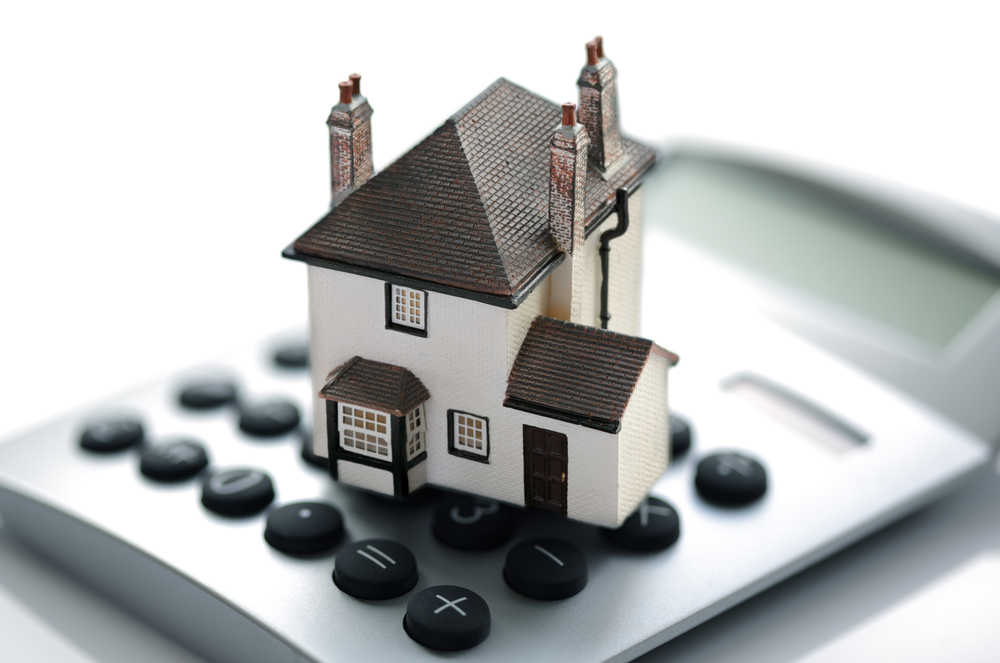Mortgages
Monthly mortgage payments could FALL by a quarter this year

Falling house prices and lower mortgage rates could lead to monthly mortgage payments declining 25% to around £1,145.
In November last year the average UK property came to £294,410 while mortgage rates peaked at 6% in the aftermath of the disastrous mini Budget.
Based on a 25-year term and an 80% Loan to Value (LTV), monthly mortgage payments shot up to £1,520, according to calculations by wealth manager Quilter.
This is an increase of two-thirds over a year with monthly payments in November 2021 pegged at £918.
However, Quilter said that if we assume house prices fall by 8%, as predicted by Halifax, mortgage rates would fall to an average 4% while house prices would come down to £271,317.
Based on the same term and LTV tier as above, average monthly payments would come to £1,145.
Quilter said that various factors impacted mortgage payments including LTV level, cost of property and mortgage term length but homeowners could experience a “significant dip” in monthly costs from the highs just a few months ago.
As such, London, South East, South West, North East and North West monthly mortgage payments would fall by around a quarter.
The North East has the lowest monthly payment at £631 while London has the highest at £2,106.
Positive signs for the future
Karen Noye, mortgage expert at Quilter, said rising mortgage rates had a “significant role in the affordability of buying a first home or moving home” and after the mini Budget this was “pushed to unaffordable highs”.
She said: “It is therefore a real positive that looking forward we can hope to see such a significant dip in monthly mortgage payments by the end of the year should house prices and mortgage rates continue to fall as expected.”
Noye added that from a regional basis some had been “hit much harder by rising house prices and subsequent mortgage costs than others”.
She noted the North West had seen the most “most significant rise” in monthly payments, and those in London had seen the smallest rise in terms of percentage increase.
However, Noye warned there was “no guarantee that the changes in the housing market will materialise in the way that has been predicted”.
“Inflation is still incredibly high and people’s buying power has taken a real hit as a result, particularly with rising energy bills, but thankfully we look to now be moving past the peak.
“Lower inflation should mean interest rates stabilise and even start to drop with mortgage rates following suit. This could result in mortgage rates dropping to 4% by the end of the year and potentially even lower in the future which will have a real impact on monthly mortgage costs, particularly for those on variable rate mortgages, and could see more people considering buying a new home as the prospect becomes more affordable,” she explained.
Noye said that the past few years had shown how “unpredictable the housing market really is, but with hope we are now out the other side of what has been a hugely turbulent few years and we will gradually see a levelling out in terms of rising costs”.